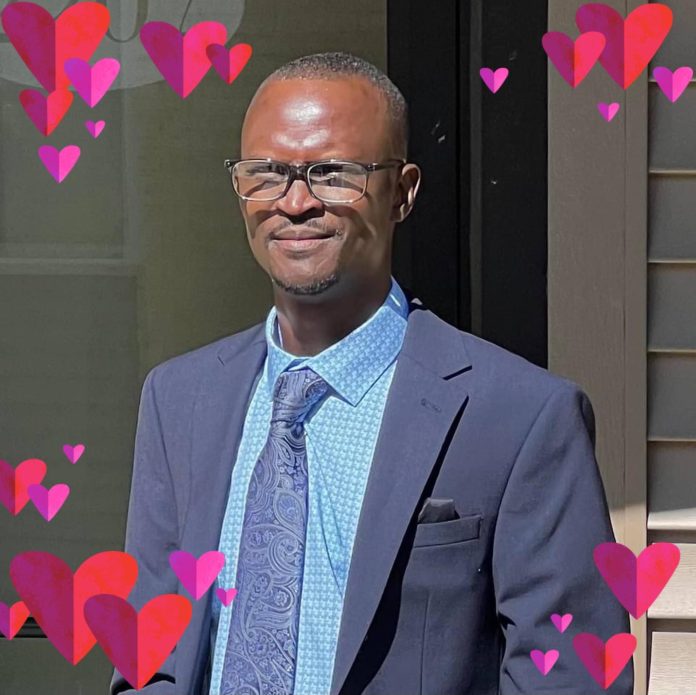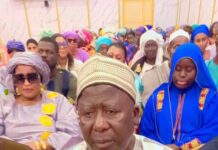By: Dr. Lamin B Saho
A frenzy of misbehavior and misjudgment has overtaken The Gambian politics. Actors and institutions—on both sides of the political divide—are silencing speech on bad governance. Our law enforcement agents and prosecutors are criminalizing politics. The incumbent government is undermining the electoral system to prolong their stay in power. While a new breed of social-media celebrities in country is failing to address numerous public policy failures, from a broken governance and a weak internal security system to hugely expensive and dysfunctional primary healthcare and educational system to staggering economic inequality.
All around the country, people are asking: What’s wrong with The Gambia? Why isn’t it working the way we all think it should be after post-Jammeh’s rule? I begged to differ in my answers to the questions. The answer isn’t one of the common partisan narratives. It isn’t the problem of the radical progressives who want to tear the system down. Nor is it the problem of deplorable fundamentalists who want to punish The Gambian elites. It’s not a dysfunctional, gridlocked National Assembly (who foot-drag the country’s progress). Nor is it a wing of reactionary judiciary body that are not helping the country. It’s not a perennial political parties organization. Nor it is an ever-angrier former President Jammeh and his fragmented former APRC supporters (though they aren’t helping). The answer, rather, is broader than any narrow category or single person. The answer is the Gambian people themselves. A nation is, above all, the hearts and minds of its people. And Gambians are becoming increasingly untethered from both reality and the essential principles and traditions that have shaped our nation’s historic success. A large part of why the Gambia isn’t working is because far too many Gambians neither know nor care how it’s supposed to work and how to control their puppet masters behind the scenes of bad governance.
Seeing the realities underground in the country is telling. The fundamental root cause of this mania is killing the country because of the combination of three things. The first is favoritism and nepotism (either due to once tribal or favoring relatives, friends, or associates because of political lineage). Gambians, like all humans, have deep tribal roots. This expresses itself in powerful biases in favor of one’s own political clan—and searing antipathy for the other side. The second is social media. Sophisticated systems behind major online platforms exploit Gambians’ cognitive vulnerabilities and intensify their flimsy prejudices. The third is the structure of the country’s political system itself. The numerous political parties system exacerbates incompetency by pitting political juggernauts against each other in a bitter, all-consuming rivalry—and gerrymandering—paving a way for the poor management of the country’s electoral system. This flywheel spins faster every day and turning the country into fail state. It’s culminating in two overlapping threats to the Gambian experiment. The first is the criminalization of body politics, as the country’s prosecutors set their sights on partisan rivals. Since every political bombardment must be met with greater opposite force, this has set in motion a malicious dynamic which may spiral into catastrophe.
The second threat involves the central premise of Gambian government: the sanctity of the vote. Gambian election system is under attack, not just by ineffectual zealots at the margins of power or howling mobs in the street, but by the incumbent and his loyalists who put their tomb on the scale of justice throughout the state government. The election in two years to come will reveal a lot about the current state of the nation. Given the empirical observation that the current government is taking Gambians for granted (albeit for differing reasons) and the next two years before election will be not only a bumpy ride, but a tumultuous two years from there.






